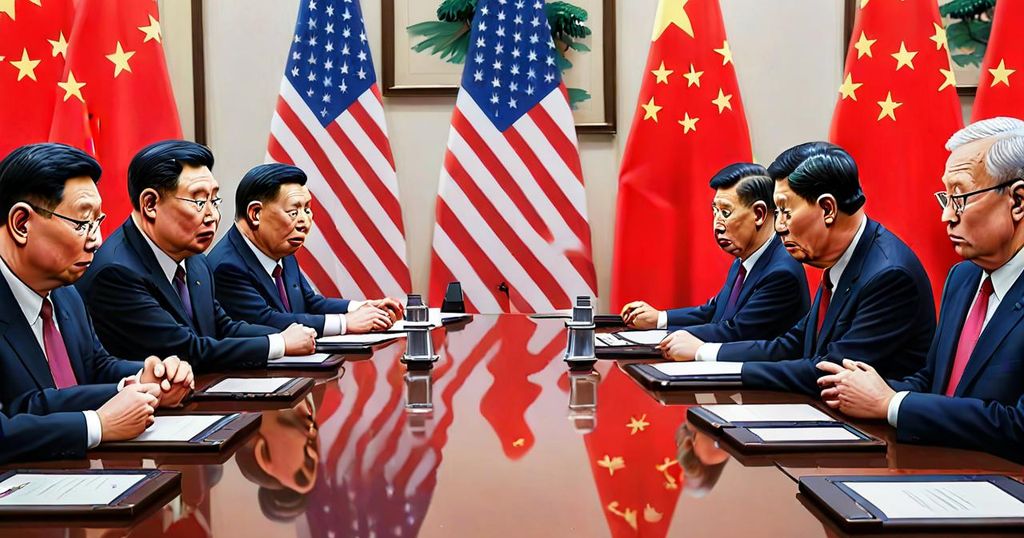The Second Thomas Shoal in the South China Sea has emerged as a focal point of potential contention between the United States and China. The deteriorating military installation BRP Sierra Madre has served as a representation of the Philippines’ territorial assertion in the region since its grounding in 1999. Recent tensions have heightened due to Chinese opposition to efforts to resupply and rotate personnel at the outpost.
The ruling from the Hague arbitration tribunal in 2016, which predominantly favored the Philippines’ claims, has been a source of dispute. China has adamantly rejected the ruling and has resorted to aggressive measures, such as targeting resupply vessels with water cannons, machetes, and axes. These actions have led to confrontations, resulting in a Filipino sailor losing a thumb in one such incident.
President Ferdinand “Bongbong” Marcos Jr. of the Philippines has expressed apprehensions about potential acts of aggression in response to any harm inflicted on Filipino nationals by foreign powers in the South China Sea. This warning has drawn attention to the implications of the Mutual Defense Treaty between the Philippines and the US, and the potential for conflict between the US and China.
Respected columnist and editorial consultant, John Nery, has provided insight into the shifting dynamics in the region and the role of the Philippines in the escalating tensions. He highlighted the previous government’s reluctance to advocate for the arbitral award, which has weakened the Philippines’ position over time. Nevertheless, the current administration has surprised many by shifting away from a pro-China policy, resulting in increased assertive actions from China.
Nery underscored the significance of the Philippines defining its own interests rather than merely aligning with China or the United States. While he expressed a preference for the country’s interests being best served with the Western alliance, he emphasized the need for an independent and thoughtful approach to foreign relations.
Looking ahead, Nery expressed concerns about the challenges of de-escalating tensions in the region. He cautioned that China’s determination to test the Philippines’ resolve could lead to a tense period with no clear path to resolution.
In light of these developments, it is evident that the Philippines plays a crucial role in the broader conflict between major powers. The territorial disputes in the South China Sea have extensive implications and require cautious navigation to safeguard the interests of the Philippines without inciting conflict.
The East-West Conference in Manila provided valuable insights into the complexities of the situation, emphasizing the necessity for a nuanced and strategic approach. As the situation continues to evolve, it is imperative for the Philippines to carefully deliberate its next steps and prioritize its long-term interests in the region.

Leave a Reply